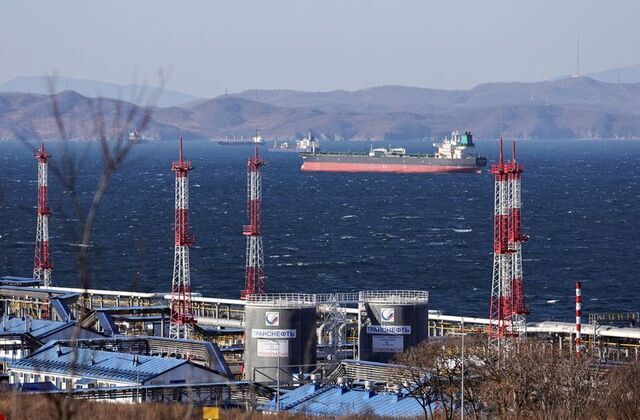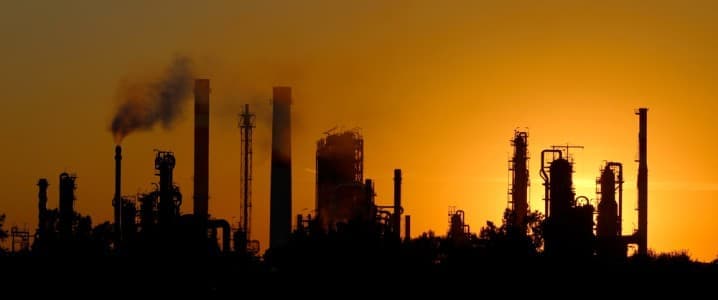As a consequence of the imposed sanctions, Russia finds itself facing significant challenges in accessing crucial spare parts from Western engineering companies, which have traditionally supplied equipment to its refineries. Multiple industry insiders within Russia have disclosed to Reuters the predicament that Russian refiners are now confronting.
Historically, Western firms such as UOP from the United States and ABB from Switzerland have been key suppliers of parts and equipment to major Russian refineries. However, following the Ukrainian invasion, these companies have ceased fulfilling new orders from Russia. Consequently, local engineers are now grappling with the task of sourcing spare parts and equipment from alternative avenues.
A glaring example of this predicament is evident at Lukoil’s Norsi refinery situated in Nizhny Novgorod along the Volga River. An incident involving a malfunctioning turbine occurred there in early January, and since then, Russian engineers have been contending with considerable difficulties in securing the necessary equipment replacement, as reported by sources to Reuters.

Russia Faces Challenges in Refinery Repairs Amid Sanctions (Credits: US News)
This setback has notably hampered the refinery’s capacity to produce gasoline. Compounding matters, the refinery encountered further challenges last month when a fire erupted on the premises following a drone attack.
Given that most major Russian refineries rely to some extent on Western technology, the repercussions of this predicament extend beyond just Lukoil’s Norsi refinery. Other refineries could potentially face similar hurdles in repairing equipment and units that have malfunctioned or sustained damage from Ukrainian drone attacks, which have escalated in recent weeks, leading to an estimated 14% reduction in Russia’s refining capacity.
Russia maintains its assertion that it can rectify all damaged units within a two-month timeframe. On Wednesday, Russia’s Energy Minister Nikolai Shulginov stated that all damaged refineries within the country would be operational again by the beginning of June.
“Repairs are currently underway at the refineries. We anticipate relaunching several refineries after completion of repairs in April-May, potentially prior to the start of June,” Shulginov was quoted by Russian news agency Interfax.
The minister further assured, “All facilities that suffered damage will be recommissioned.”
As a result of refinery damage stemming from drone attacks, Russia’s gasoline production experienced a 12% decline in the last week of March compared to the February average, as reported by the Russian daily Kommersant on Thursday, citing data from the Federal State Statistics Service, Rosstat. However, Kommersant highlighted that the domestic market has yet to feel the full impact, partly due to increased fuel imports from Belarus.























